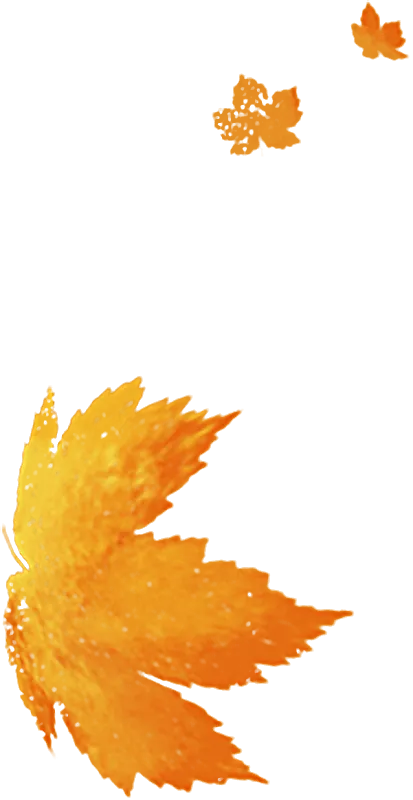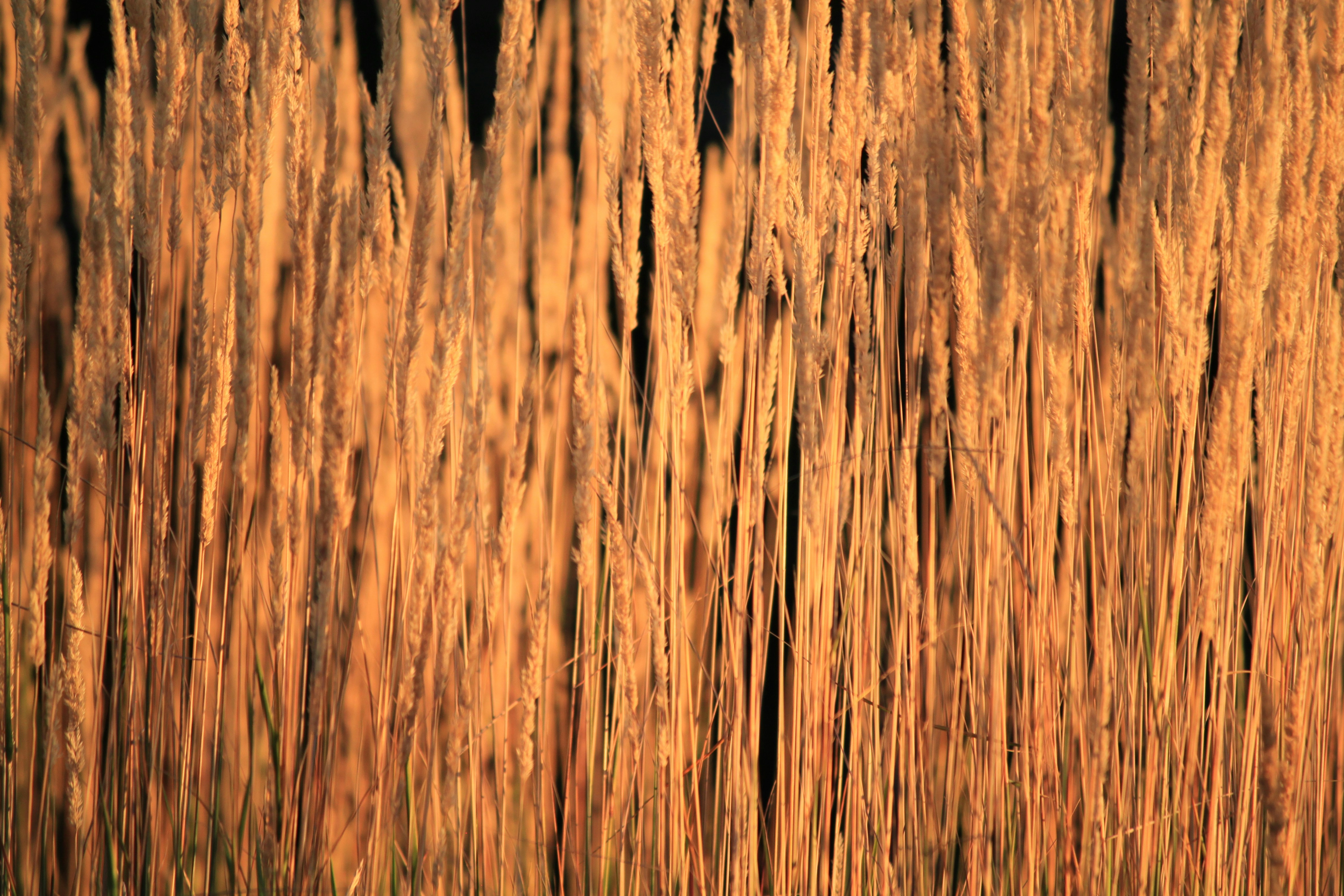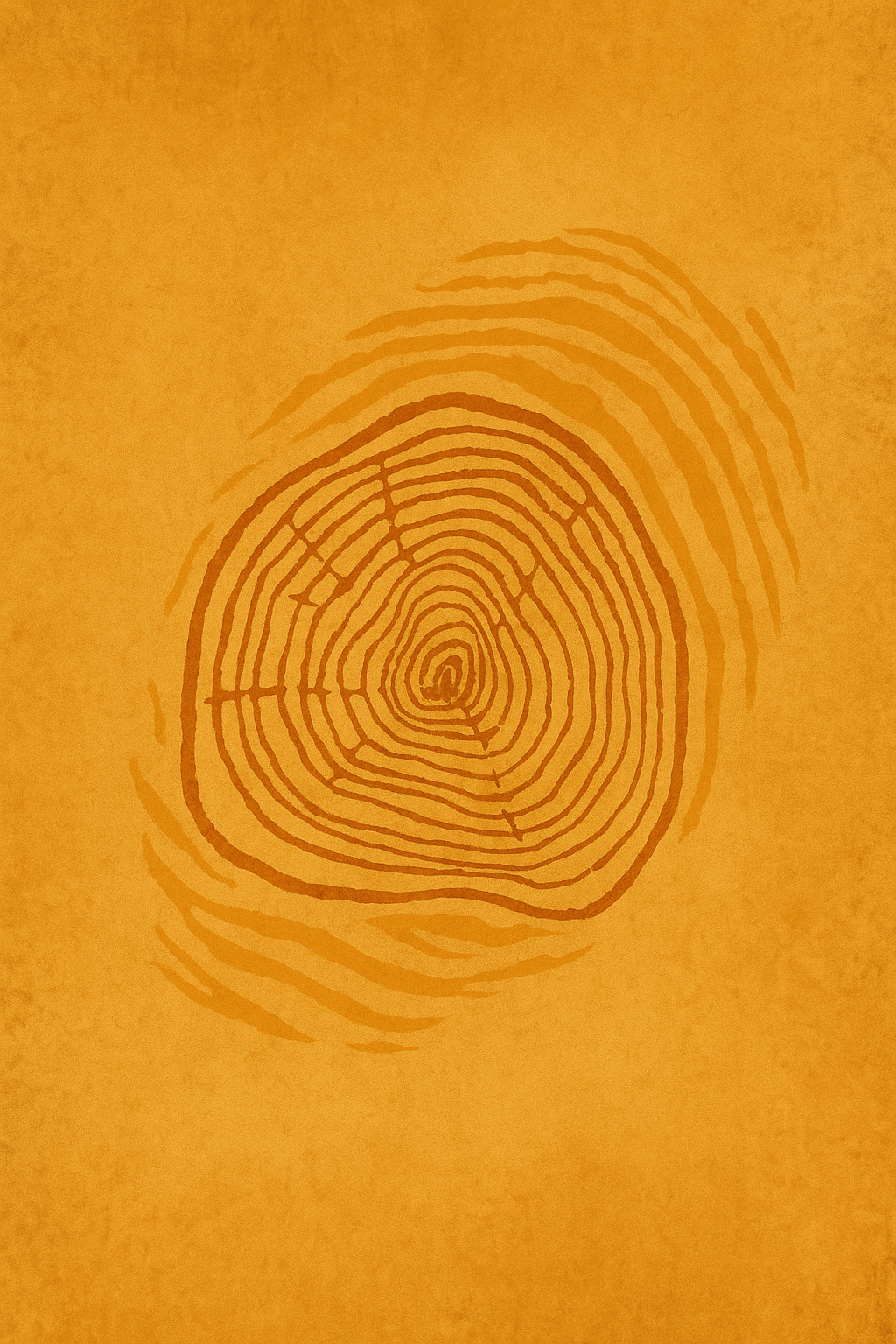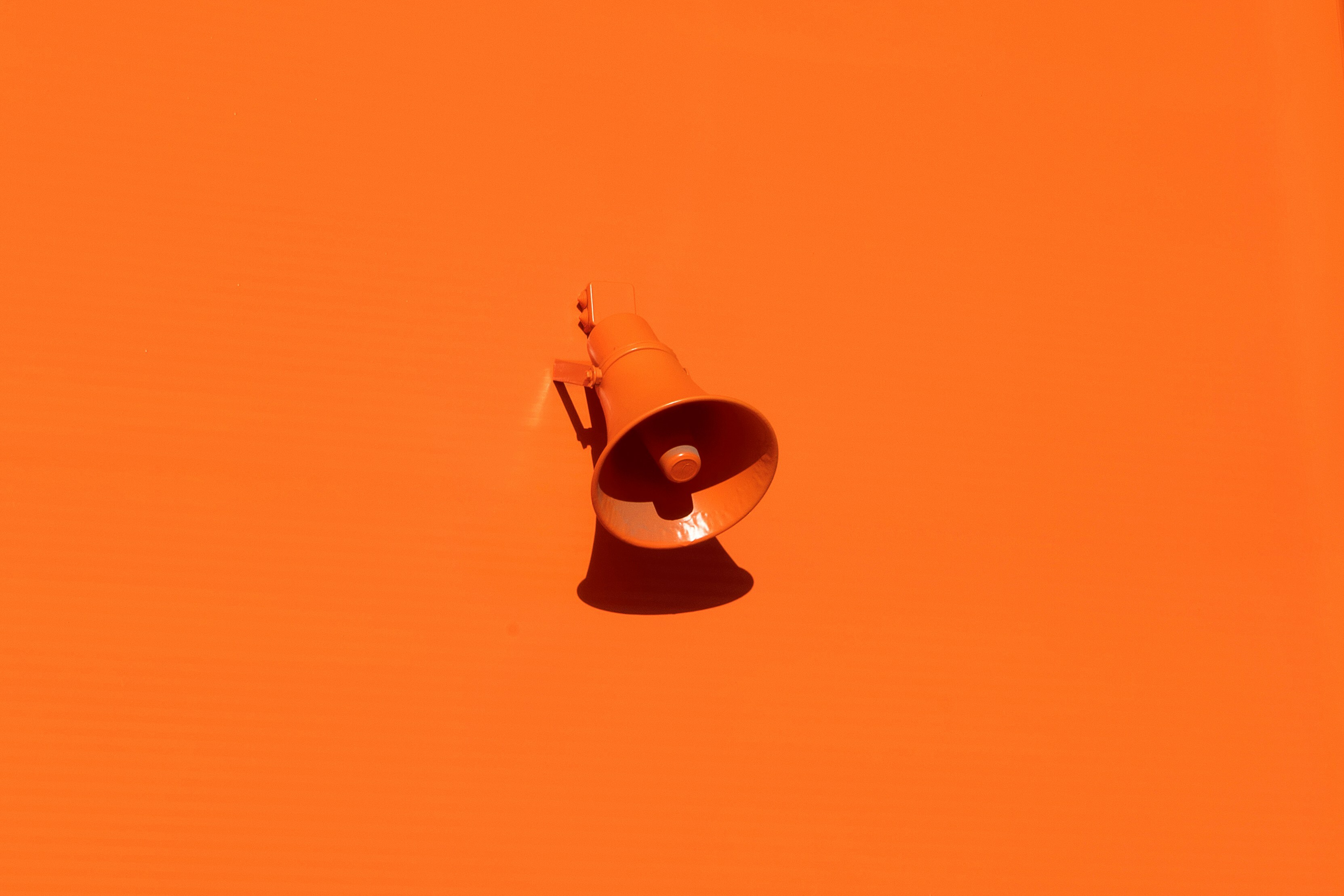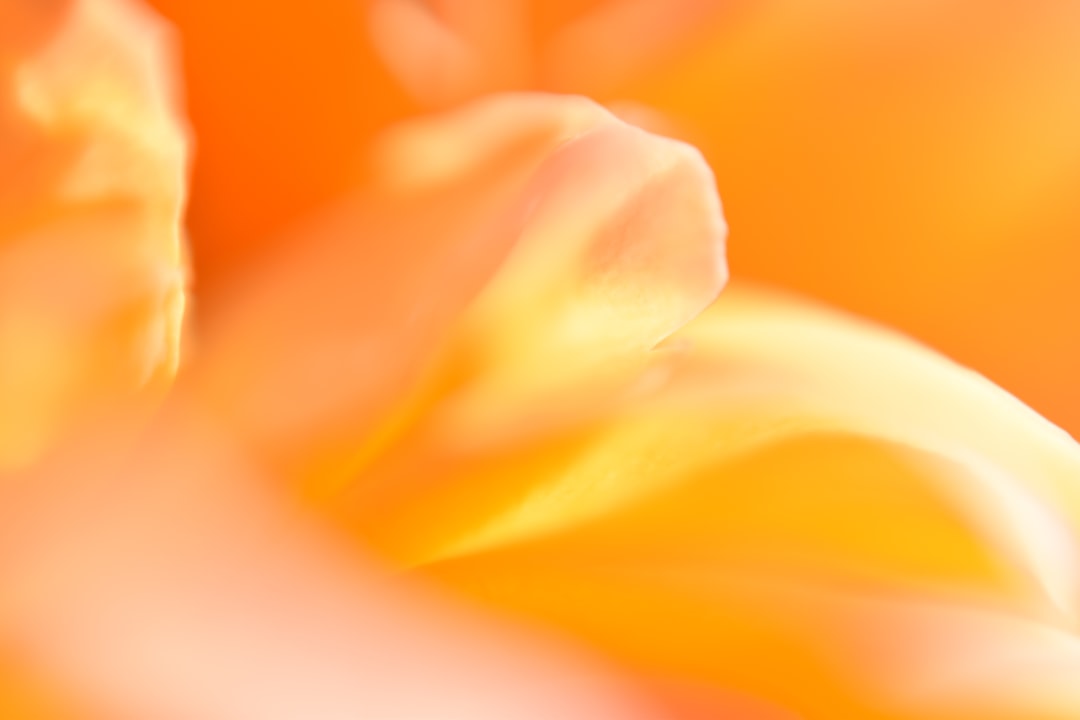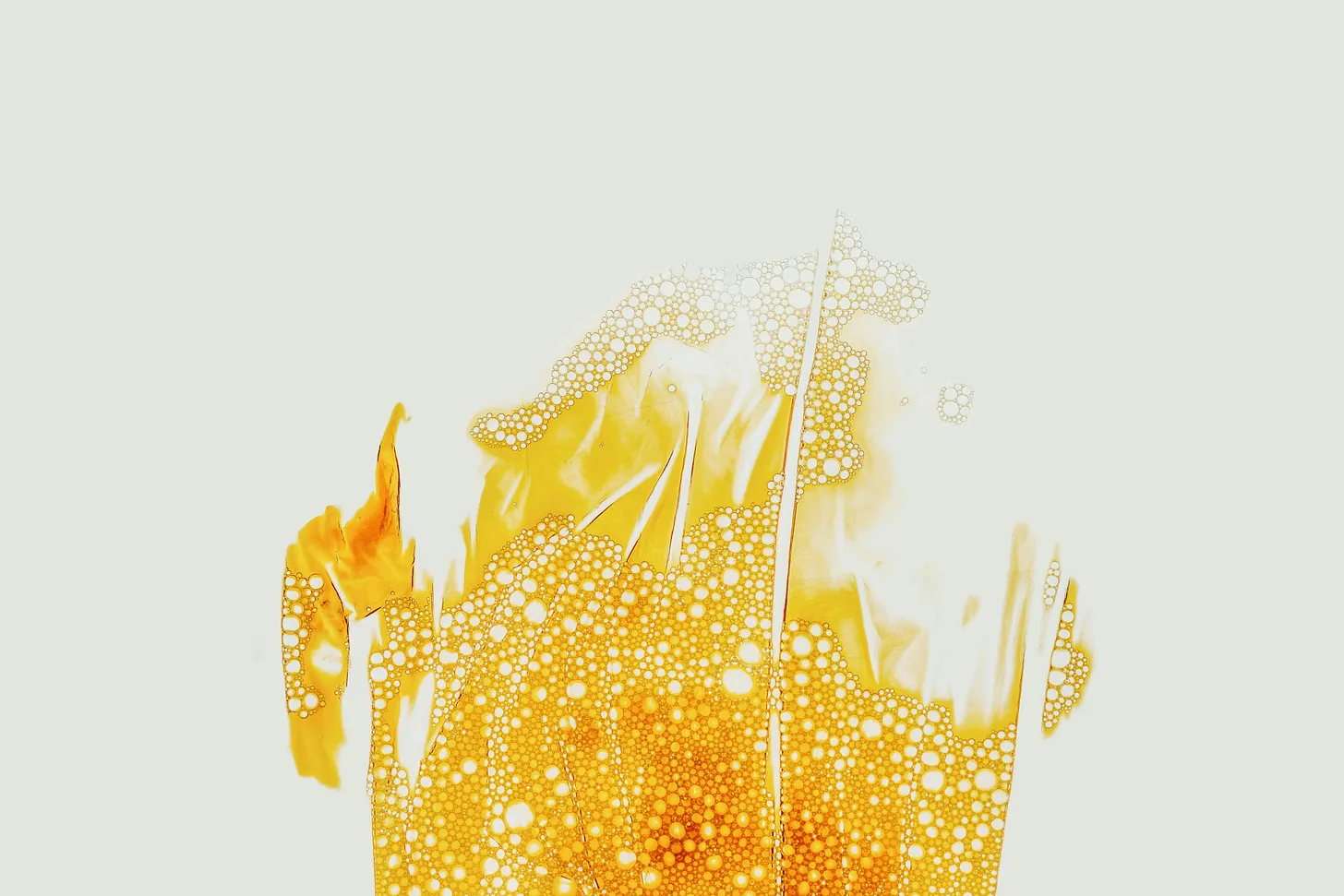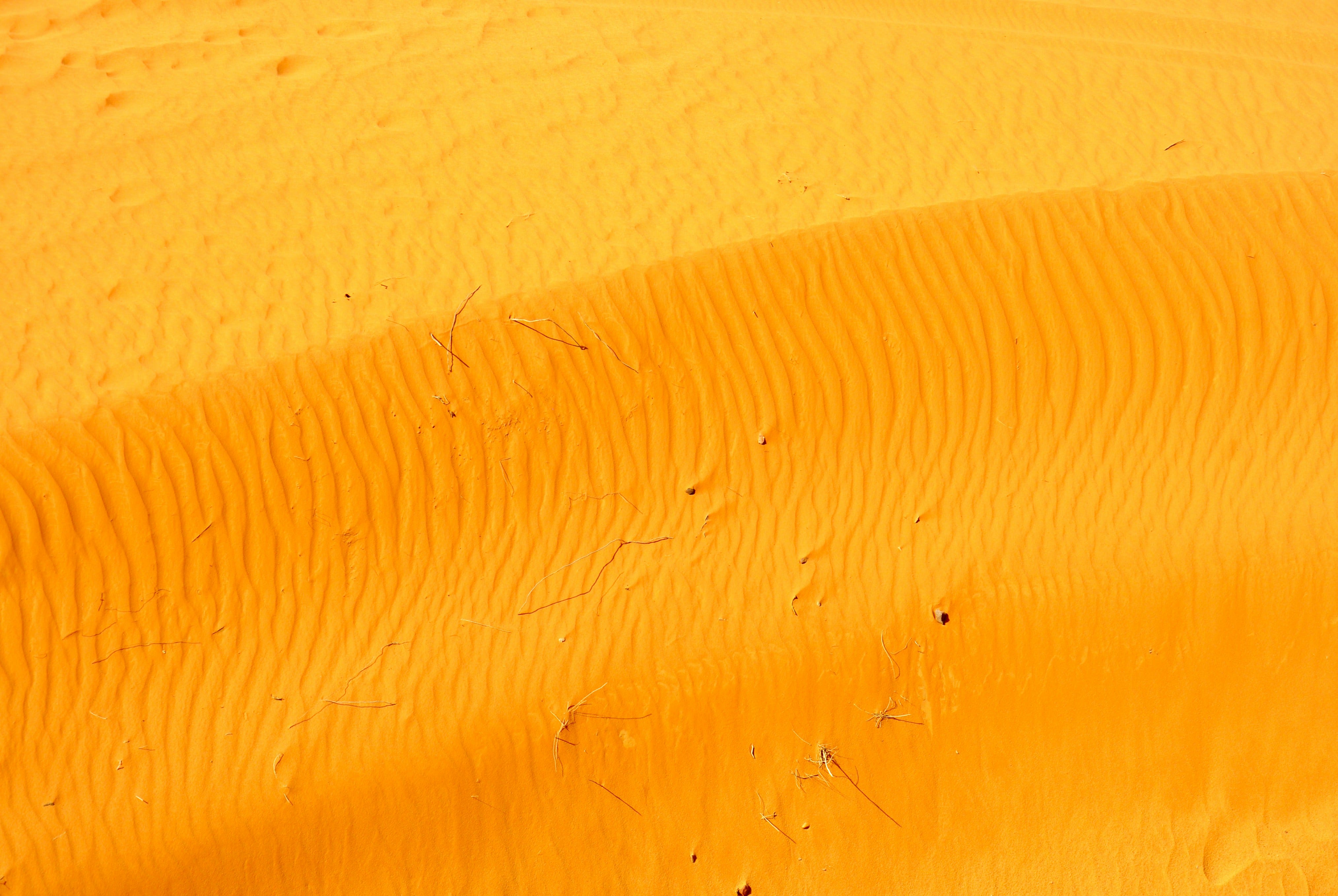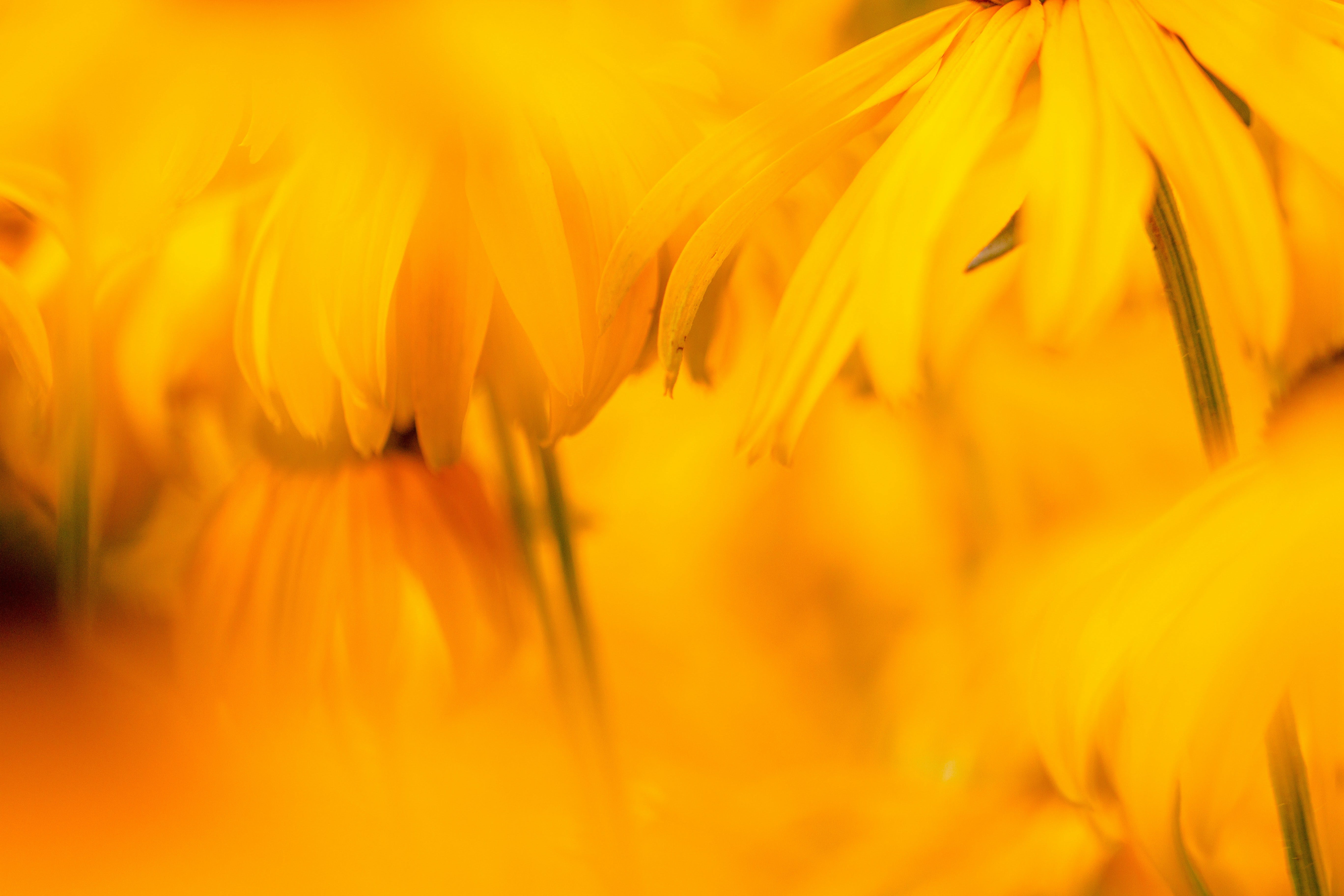Re-inhabiting Our Organismic Existence
Why Our Evolution Depends on Remembering, Not Transcending
By Nathan Blair
Modern life rewards the mind that can analyse, abstract, and rise above. Yet beneath the surface of our hyper-rational culture, something essential has been left behind: the body, the felt sense, the living connection that roots us to one another and to the Earth. Perhaps what’s needed now is not another form of transcendence, but a remembering - a coming home to our organismic existence.
We have different versions of transcending in our world today.
In spiritual traditions, mind is often given more prominence than matter. There’s a striving for a kind of enlightenment that transcends this world. Yet this transcendent spirituality - for example, the pursuit of becoming identified with emptiness, void or pure consciousness - can sometimes take on a dissociative quality, not rooted in day-to-day reality, or in our own bodies. We might see people spending a great deal of time in contemplation, becoming physically inactive, their bodies slowly weakening through disuse.
Another form of transcendence appears in the realm of science, materialism, and relativism - the “ivory tower” of academia. Here, everything revolves around the rational, thinking mind, detached from the body. There might be great flights of intellectual discovery, but often without grounding in lived, relational reality. You might be the smartest person in the room, yet unable to hold a conversation or sustain a relationship. The mind has been cultivated - but the roots, the earth beneath it, have been forgotten.
Much of science measures what’s objective and observable, leaving everything subjective and experiential out of study. If it can’t be measured, it’s treated as less valid. As a result, there’s been a transcendence of the lived experience of many people, in favour of what’s measurable and objective.
Humankind has also transcended nature. At some point we’ve said there’s “humanity” and then there’s “nature”. We began to see ourselves as living on the Earth, instead of recognising that we are of it. We came to think of ourselves as possessors of the planet - which has led to many of our most problematic ways of relating to land, natural resources, and the other living beings who share this home.
We disrespect and diminish the intelligence and consciousness of these beings. What we call a “home”, we treat as property - and the same is true of our own bodies. In fact, science suggests that the “self” we believe we possess is the product of our bodies, not the possessor of them.
What somatics offers us - supported by sciences like interpersonal neurobiology, 4E cognition, and complexity science (especially the study of complex living systems) - is an opportunity to re-inhabit our organismic existence.
As Fritz Perls said, “Lose your mind and come back to your senses.”
Or perhaps we could re-phrase that: come back to your senses - come back to your mind.
—
What does it mean to re-inhabit our organismic existence?
On one level - the intrapersonal - we need to re-embody the mind, to re-position the body in the discourse around the mind.
In abstraction the body became disconnected. But in reality, it never was.
Even in the field of somatics, we often hear talk of the mind-body connection. Yet this language still implies two distinct entities reaching across a gap. At The Somatic School, we use the term bodymind. It’s not mind interacting with body or body interacting with mind, but rather - as cognitive scientists now suggest - that the mind is embodied.
This isn’t a “connection.” It’s a unification: a bodymind. And when we inhabit this unified relationship, we begin operating from our full distributed intelligence.
—
On another level - the interpersonal - we are mammals.
There’s no way around it: we are mammals, and we need to become mammals again. Mammals are social animals, and interpersonal connection and relating is not only how we survive, it’s how we thrive.
If a baby doesn’t receive the co-regulating of some primary caregiver in early life, it cannot survive. We are born needing each other, and we never stop.
Self-regulation develops through early experiences of effective co-regulation, especially in early life when we are most vulnerable. We develop the capacity to self-regulate based on how effective that co-regulation was, and our repeat experiences of co-regulatory interactions. So when someone struggles to regulate their own nervous system, it may be because they didn’t receive the mammalian interactions that build the neural structures required to do that self-regulating.
Later in life, as we become more vulnerable again, we need co-regulating contact once more. Across the globe we have this terrible epidemic of loneliness among older people - precisely when we need others the most, many of us are most alone.
If we could reconnect with our mammalian nature, and design society around it, we would thrive more fully. This has everything to do with understanding the power of co-regulation, connection, interdependence, and community.
—
Finally, there’s the integral level - humankind and the wider world.
Nature is fractal; self-similar, repeating patterns. The Chinese call this Li - the natural patterning found in nature, including in our own bodies. It is both chaotic and ordered, random yet self-organising.
If we want to address the ecological crisis - climate change, loss of biodiversity - we must come into right relationship with the world around us as nature ourselves. To learn to steward the self-organising principle inherent in all life. That’s how ecosystems right themselves - the same way a cut on the skin heals.
If the body and mind are inextricably connected, who’s to say the mind doesn’t self-organise too? That’s what we do in Body-Oriented Coaching - we support the bodymind’s innate intelligence. We see self-organisation in animal communities, in forests, in the planet itself. But we’ve been working against the grain.
Re-inhabiting our organismic existence at this level means aligning with nature rather than opposing it - because for as long as we’re against nature, we’re against ourselves.
—
Ultimately, it all comes down to relationship: relationship with our bodies, with each other, and with the wider web of life.
At each level, we currently operate in a power-over paradigm, rather than a partnership paradigm.
At the intrapersonal level, it’s mind over matter.
At the interpersonal level, us versus them - domination, conquest, dog eat dog.
At the integral level, dominion over the Earth instead of stewardship.
We take, extract, and consume - as if apart from what sustains us. Yet we are so deeply interconnected that everything we do to the Earth, we do to ourselves. If we deplete the Earth of its natural resources, we become depleted.
Humankind is slowly robbing itself of vitality, abundance, and flourishing. If the Earth isn’t thriving, neither are we - because we are the Earth.
But if we could enter into communion with all other living beings, recognising that our intelligence is distributed throughout the whole system - and beyond - we could begin to work with the world again.
As 4E cognition reminds us, intelligence and mind is embodied, embedded, enacted, and extended. Our intelligence is relational. When we remember this, we become smarter - not by thinking harder, but by remembering our participation in the natural order.
At the Somatic School we’re aiming to bridge divides:
between body and mind,
self and other,
humans and the wider world.
To move from a power-over paradigm to a partnership paradigm.
That means coming into right relationship at every level - intrapersonal, interpersonal, and integral.
There is a reciprocal nature of life: in giving we receive. If we give back to the natural world, we will receive abundance, vitality and thriving in return. The Earth provides so much for us - what would it be like for us to support the Earth’s resourcing, to nurture and nourish our home?
Much of climate change rhetoric frames humankind as parasitic, a mistake, a blight on the planet. But when we fall into self-loathing and guilt, we lose our capacity to think creatively and co-creatively with the world.
Humans are not a mistake. Nothing born of this planet is.
All we need is to begin nourishing the Earth - adopting behaviours that nourish life. Everything we need is already within us - inherent, by design. We simply need to work with that design.
So let’s become mammals again.
Let’s re-member ourselves as part of nature -
so we might become wholly ourselves, fully alive, and at one with the flow of life.
So that humankind can continue to thrive and flourish - sustainably, joyfully.
So that life itself can unfold.
It’s what the world needs right now.
